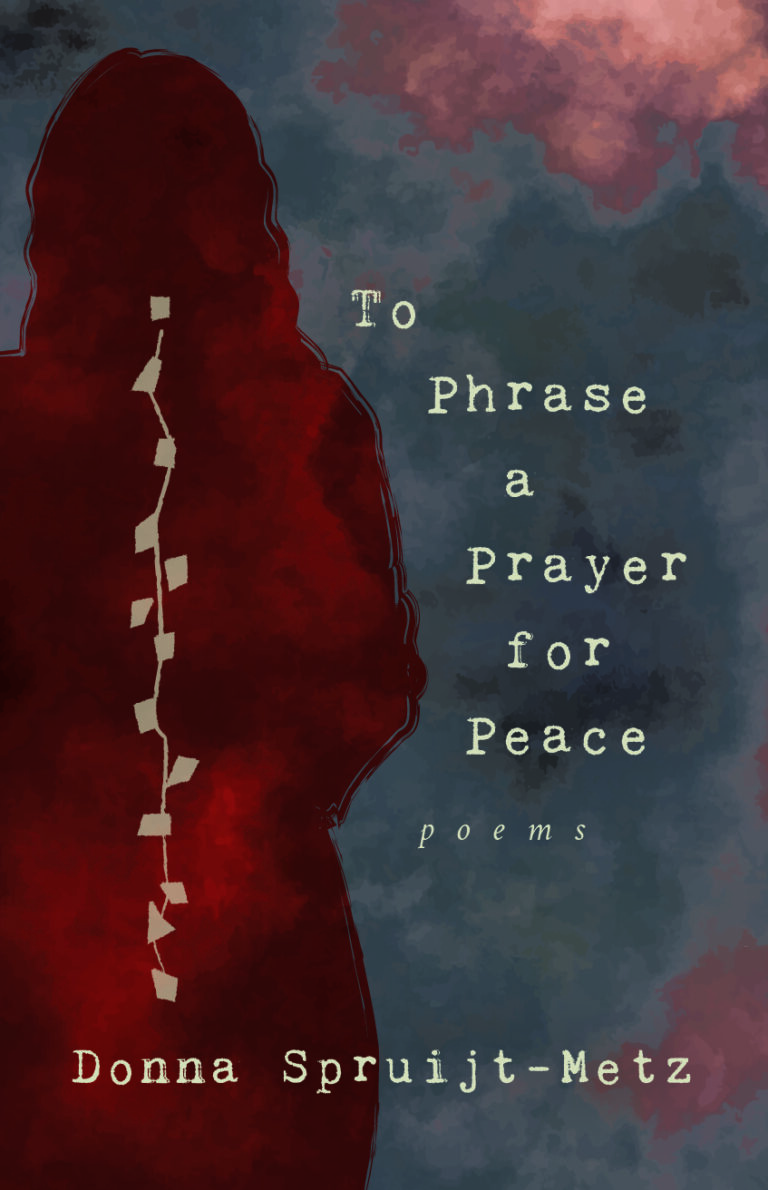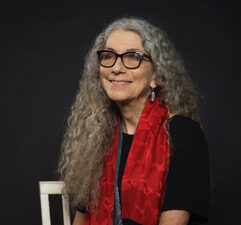What is prayer for? It’s easy to deride “praying for peace” as a quixotic absurdity in the face of the empire and its industry of mass violence. But Donna Spruijt-Metz’s diary poems “To Phrase a Prayer for Peace” are a frank dialogue with the Psalms during the ongoing Gaza conflagration, engaging in that ancient practice of calling out to the divine, and calling out the divine, in a time of divine silence, to ask for an end to this violence, to imagine a path forward. “I ask YOU,” she writes, “come close.” That YOU, of course, is not just God, but all of us. “Witness,” she writes, “speak light.” We need more poems like this, with their unhardened hearts, in this awful dark.
— Philip Metres, author of Fugitive/Refuge
Aching for Jerusalem from his corner of medieval Spain, the poet and Jewish philosopher Yehuda Halevi famously lamented, “My heart is in the East, and I in the uttermost West.” In this elegant and moving poetry journal, Donna Spruijt-Metz chronicles her daily life on the West Coast as she follows—with acute distress–Hamas’ October 7th attack and the ensuing Israel-Hamas war that has turned the Middle East into a “lethal puzzle.” Subtle, delicate, and capable of balancing paradoxes, Spruijt-Metz’s voice holds a striking contemporary freshness even as David’s ancient Psalms serve as her point of departure and time and again, she appeals to the Divine to save the world from the sorrows of war.
— Yehoshua November, author of The Concealment of Endless Light
To Phrase a Prayer for Peace is exactly the kind of book I wish to see in the world amid these dark and divisive days, and Donna Spruijt-Metz – with her blazing clarity and generosity of spirit – is just the right person to write it. As a reader, I trust the craft, humor and humility of these poems, perhaps, in part, because they do not claim any easy answers. “but what do I know/of darkness?” Spruijt-Metz writes, “My version of darkness/is full of candlelight—”. Arriving on the page seemingly despite themselves (“And now/can I stop/with this?”), and often leveled at an almighty “YOU”, the poems that shape this timely collection plead and petition, protest and pray. Donna Spruijt-Metz has the strength of heart to envision a better path forward and the poetic chops to share it with us all.
— Jared Harél, author of Let Our Bodies Change the Subject
From the very first poem, the speaker of To Phrase a Prayer for Peace is conflicted: “even in snow – hoof/ paused over the water — my heart says/ trust – my tracks say/ doubt.” First, her subject is prayer: “I stand continually before YOU—/ but I’m not listening I am dangerous I am / not ready.” Once the war begins, the poems become a record of her internal divisions engaging with it (“what can I do/ but watch/ look away, watch, look away) thinking about it (“We both/ need a homeland. /Split or share? What/ would Solomon do?”) and writing and praying about it. How extraordinary to achieve such honesty, such poignance about so fraught a subject even as it is unfolding Every page answers her “need” for “a poem driven/ by the unbearable/dailiness of this/ time”, a “time” still ongoing, in which we must still contend with “the dust and the rubble there/ where so many children sleep—/ each part of their bodies/ hungry—”
—Jacqueline Osherow, author of Divine Ratios: Poems
To Phrase a Prayer for Peace is incantatory and intricate, haunting and lovely. As the days and devastation accumulate the poems do too; they gather spiritual strength and culminate as an extended hymn. Donna Spruijt-Metz’s voice is distinct and resonant. This work is personal. It required her whole self, the sum of her considerable wisdom and lived experience. In order to meet this solemn moment, Spruijt-Metz offers everything she has – abundantly, carefully, and well.
—Michael Kleber-Diggs, author of Worldly Things
I have long come to Donna Spruijt-Metz’s work for comfort, and her newest collection left me refusing to leave the embrace of its tender, difficult, and necessary poems. In conversation with the timelessness of Psalms and the ever-timely “Israel-Hamas War,” she contends with the unanswerable amid atrocity, “listening—straining in YOUR silence.” The poems in To Phrase a Prayer for Peace address a “YOU,” who is higher power; a “you,” who is an intimate other; and a “you” who is all of us, holding these words on our tongues. Language as grounded in the body, in the sensory experience that unites us as humans, as it is in the spiritual world beyond the flesh. In confessing, “I can’t find the courage / tonight / to love,” Spruijt-Metz asks us all to love a little harder, and to find—to create—the light in the darkness because, “My version of darkness / is full of candlelight—”
—Julia Kolchinsky, author of 40 WEEKS


